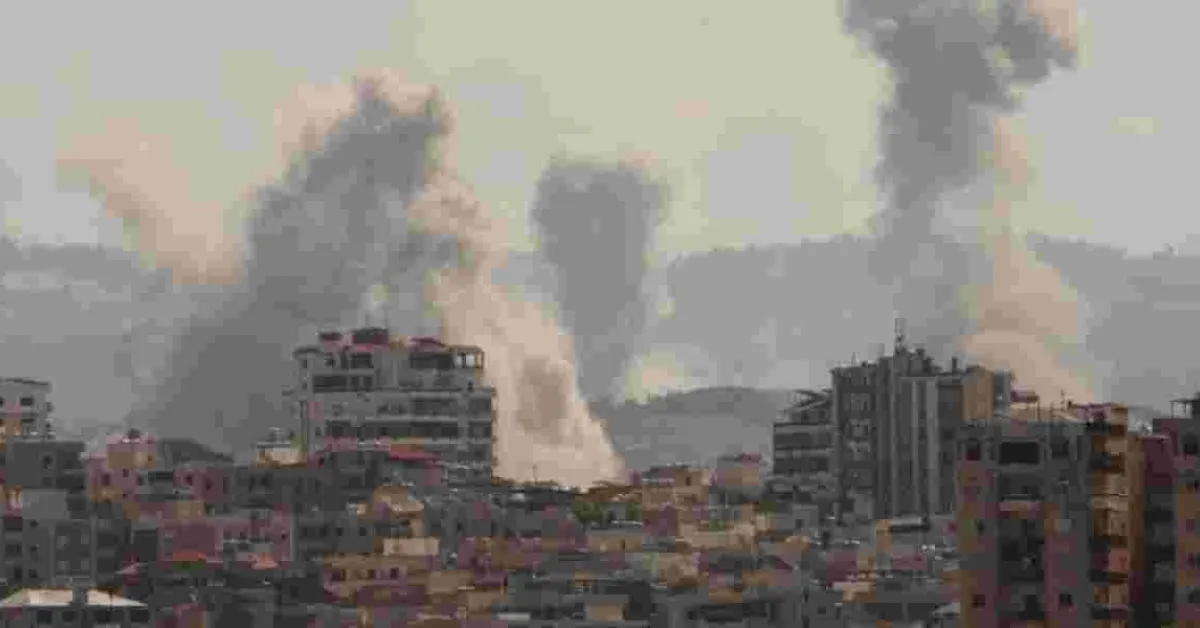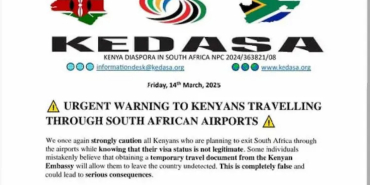Stranded Kenyan Workers Plead for Rescue from War-Torn Lebanon

Kenyan individuals in Lebanon are experiencing a frightening and distressing situation as the Israeli bombings worsen in the southern areas of the country.
Social media platforms have become a channel for their pleas, with one viral video depicting a Kenyan woman running through the streets, her voice breaking as she calls for divine intervention amidst the sound of explosions and aircraft overhead. The absence of formal diplomatic relations between Kenya and Lebanon compounds the challenges faced by these workers in their attempts to leave the troubled region. Humanitarian organizations and international agencies operating in the area are encountering significant obstacles in their efforts to provide aid. The death toll in Lebanon continues to rise with over 550 casualties reported as a result of Israeli airstrikes. Hospitals are struggling to cope with the influx of wounded civilians.
The United Nations human rights office has condemned these attacks, urging all parties involved to adhere to international humanitarian law and differentiate between combatants and civilians. The situation has garnered attention on various social media platforms, with individuals like Mary, another Kenyan worker in Lebanon, sharing her harrowing experience. Trapped in her employer's office without food and her passport confiscated, Mary's plea for rescue has prompted fellow Kenyans and social media users to offer advice on potential escape routes. The conflict between Israel and Hezbollah has transformed southern Lebanon into a battleground, raising concerns about the potential for a wider regional war.
What began as daily exchanges of fire following the Hamas attacks on Israel on October 7 has evolved into a deadly struggle between Israel and the Iran-backed Hezbollah. Both groups have engaged in near-daily bombardments, affecting civilians and raising alarm over the broader implications for the Middle East. The plight of these workers is further exacerbated by Lebanon's "kafala" system, which governs the lives of approximately 250,000 migrant workers in the country. This system ties workers' immigration status to their employers, leaving many without basic rights or the ability to travel freely. Even those with passports must secure exit visas, a process entirely dependent on employer approval.
The broader context of the conflict paints a grim picture. Thousands of Israeli troops have been deployed along the border, raising the possibility of a ground invasion of Lebanon. The Israeli military has conducted over 1,300 strikes on Hezbollah targets in Lebanon, claiming to target weapons and military infrastructure placed in civilian areas. In response, the Lebanese government has announced an emergency plan to accommodate the thousands of families fleeing the south, but the situation remains chaotic.














Add new comment